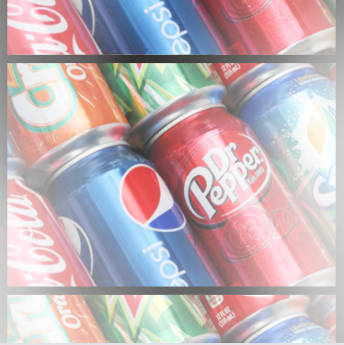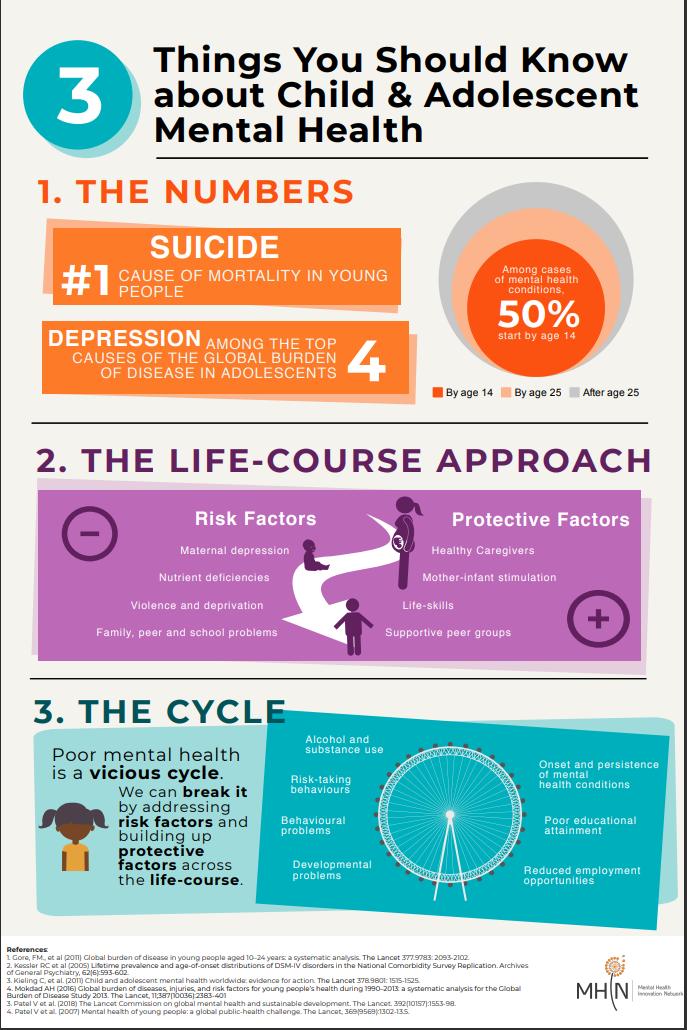Water is the most consumed beverage in the world, with tea and coffee coming in second and third place, and soft drinks in fourth place overall. This ranking may not be surprising, but when looking at health data from professionals worldwide, one can realize it definitely should. Water and tea are both excellent; pure coffee without mounds of sugar is also acceptable, but the genuine concern for this ranking lies with soda. There are startling correlations between these drinks and weight gain, heart disease, and so many more life-changing conditions, making these drinks a massive risk that 48% of Americans decide to take every day.
Starting with the basics, these drinks’ sugar and fructose levels are purely intense. Coke, for instance, has 62.5 grams of fructose and 105.24 grams of sugar per liter. While not all fructose is terrible, it is when it’s in the form of added sugars. Fructose turns into fat in the liver, and too much of that fat causes insulin resistance, which makes many unable to lose weight. If you overwhelm the liver by not letting it break down fats usually, you will not only gain weight, but it can also cause fatty liver disease. Soda can also increase the visceral fat in your body by 27%, which is particularly concerning because visceral fat is stored deep in the stomach, wrapping around the intestines. According to an article by Epic Performance, too much of this fat can lead to cardiovascular disease, type 2 diabetes, and as well as breast cancer in women.
Moreover, these drinks have the nutritional value of sand. As previously stated, these drinks can be made primarily from added sugar and caffeine, but the rest isn’t better. Chemical preservatives, phosphoric acid, citric acid, and brominated vegetable oil are only a few harmful ingredients used to create these beverages. Phosphoric and citric acids, mainly in diet sodas, are used as flavoring agents and preservatives, mostly in diet sodas. Phosphoric acid in sodas has been shown to double one’s risk of kidney disease, cause kidney stones, and even bring about urinary changes. The citric acid, generally used to add a more sour taste, leaches the calcium from your teeth, causes skin irritation, upsets the stomach, makes one feel fatigued, and can lead to gastrointestinal issues. These are only two of the many dangerous chemicals used to make sodas and risk six different body areas.
Additionally, your brain can also be heavily affected by soda. Starting with the most prominent symptom one sees in the brain; leptin resistance occurs when your brain cannot respond to leptin in a normal and healthy way. Leptin helps to prevent your brain from thinking you’re hungry, so when it doesn’t respond well, your body still thinks you are hungry after eating, making you consume more even when your body has enough stored fats. The high sugar levels in these drinks also lead to catastrophic blood sugar spikes, which on its own is bad enough, but these spikes can also lead to memory impairments like dementia. You might think you’re in the clear for that one, but really dementia can develop as early as your thirties, along with many joint problems that can come about even earlier than that.
On top of that, gout seems to be the leading joint problem derived from soda, and this form of inflammatory arthritis is typically caused by excess uric acid in the body, a waste product created when your body breaks down purines in foods and drinks. The increased uric acid makes it crystalize outside the urine rather than inside and can attach to the joints. Furthermore, fructose is the only known carbohydrate to increase uric acid levels, so this is why gout is so common among regular soda drinkers.
60% of all Americans suffer from health problems, most of those issues being heart disease, and I hate to say that I’m not surprised. Adding chemical-filled sugar water to the already unhealthy foods 86% of US adults and 92.7% of US children consume daily is a path to nearly every health problem. Eliminating these harmful beverages from your diet could result in higher energy levels and the feeling of being satiated. Still, you can also avoid the higher risks of fatal diseases and intestinal problems. At the end of the day, you must ask yourself what means more: some sugary drinks or a happy and, healthy life free of avoidable illnesses.






















Annie Cummings | Dec 1, 2023 at 9:47 pm
Amazing info!! Never drinking soda again!